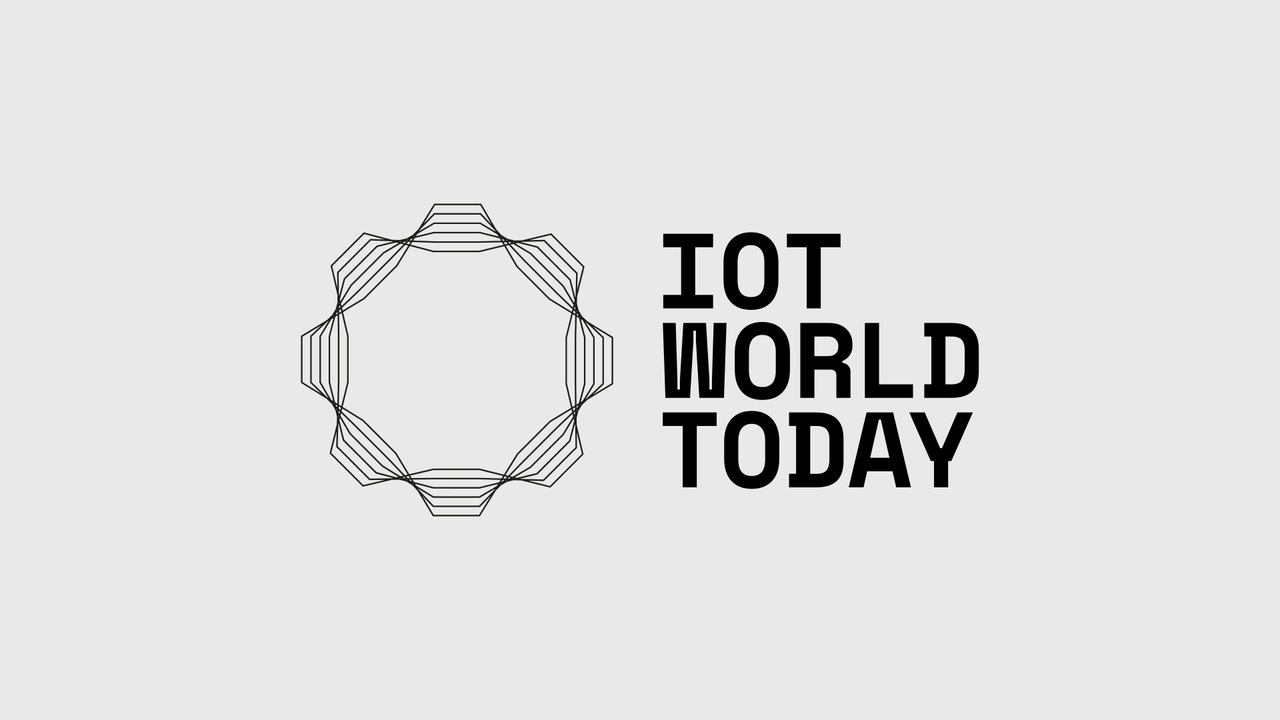Why IoT Is Different Than Past Technology Evolutions
The wheels of evolution turn slowly, and that's part of the problem. There's no sense of urgency, says Dan Miklovic, principal analyst at LNS Research.
December 1, 2016

By Dan Miklovic
One of the challenges facing the IoT is the perception, particularly in manufacturing, that IoT is just an evolutionary step in the deployment of automation and IT in the factory. Many of today’s manufacturers say “we’ve been doing IoT for years” because they have sensors in the plant that use Ethernet, or even WiFi, to connect to a PLC or DCS. This view of IoT or Industrial IoT (IIoT) which LNS focuses on, has the potential to become the Achilles Heel for many manufacturers. If a company believes that IIoT is just an evolutionary step, they likely also believe that they can just slowly evolve themselves. They do not have a sense of urgency nor are they likely to believe failure to act today represents any threat since evolution, at least in their mind, is a slow process.
IoT/IIoT Is Not Like Other Recent Technological Advances
Business has grown accustomed to the hype that surrounds IT. There were the dire predictions of global chaos in the late 90’s due to the Y2K “bug” in software. In the next decade, it was the promise of e-business completely altering every industry, then it was WiFi, then smartphones, etc. So many assume IoT is just more hype. First off, we need to define what is meant by Industrial IoT. It is not just connecting sensors to a controller or other computer using networking protocols over Ethernet, WiFi or cellular networks. LNS sees an IIoT platform as having four critical elements:
Connectivity
Cloud enablement
Big Data & Analytics
Application Support
The combination of these elements is what sets IIoT apart from past evolutionary technological advances. The convergence of these elements is what is changing the way companies can and will have to do business going forward. At the recent IoT Emerge event in Chicago, numerous keynoters, session speakers and participants noted that this convergence is going to have as big an impact on manufacturing as PLC and DCS-driven automation did some 40+ years ago. In LNS’ view, IIoT is poised to be the biggest shift in manufacturing since the end of the Great Depression.
IoT is Not Just a Technology Issue
What further complicates the deployment of IIoT is the fact that it is not just a technology issue in multiple respects. For one, IoT is taken as a given by the next generation workforce. Companies that fail to keep technologically current will not be able to retain millennial workers. A recent Forbes study showed that more than two-thirds of young workers indicated they would not remain at a company that fails to use current technology. Many segments of manufacturing are facing skills shortages as the current generation of workers approach retirement age. Any hope of attracting new employees hinges on having an accommodating workplace, and technology is part of the expected work environment.
Another people issue is a critical shortage of skills today that can actually deploy IoT technology. At the IoT Emerge event, Jason Hayman of IT staffing firm TEKsystems noted that the IoT skills shortage had reached critical levels and there was no relief on the horizon, in fact it was set to worsen. This means that early adopters are looking at accessing skills today that their competitors may not be able to afford or even find going forward.
Making the Business Case May Be the Most Critical Skill
LNS Research data shows that the main impediment most manufacturers face in deploying an IIoT initiative today is finding the funding and justifying the business case. That is why attendance at events like IoT Emerge is something manufacturers must consider. It is at these types of events that IIoT success stories are being told. Companies looking for proof points for IIoT can gain the insight they need to start their Digital Transformation effort if they just listen. As one keynote speaker at IoT Emerge noted, IoT is like the science fiction story of the Borg, it is inevitable and resistance is futile.
Dan Miklovic is a 45-year veteran of the manufacturing industry who has conducted and managed plant floor and business systems integration his entire career. As the Principal Analyst at LNS Research leading Operational Architecture research, he works with end-user clients to define how to manage IT-OT convergence issues as companies build out their strategic plans related to Digital Transformation. Mr. Miklovic is an author, former business television personality and educator. He is a deeply respected technology start-up mentor and well-known speaker on the topic of manufacturing Operational Excellence. He is a certified Lean Sensei and has held leadership roles in organizations such as the SME, ISA, and TAPPI.
LNS Research provides advisory and benchmarking services to help Line-of-Business and IT executives make critical decisions. Our research focuses on the Industrial Internet of Things (IIoT), Digital Transformation; and providing insights into the metrics, leadership, business processes, and technology capabilities needed for achieving Operational Excellence. Learn more at www.lnsresearch.com/blog
You May Also Like






